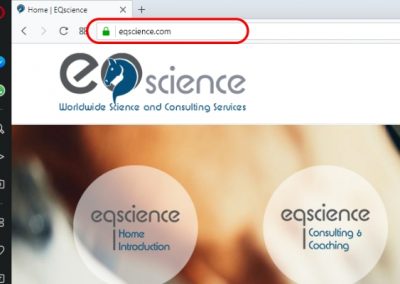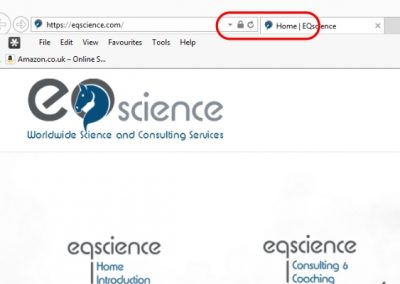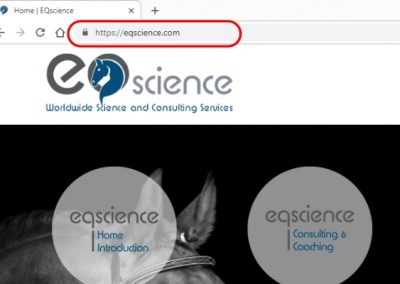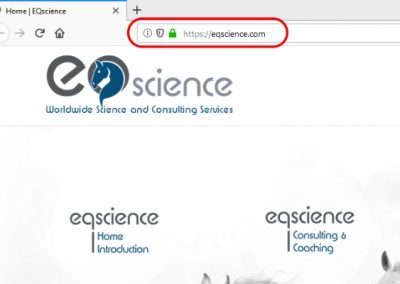
You might not be aware of it, but as it stands now, there are three ways a website may be in serious trouble.
That is unless your Google Search ranking, or the European Data Protection legislation doesn’t bother you.
But I have to come across the first customer with a website online, who is in that position.
So, what is the big deal you might ask?
Well, it’s not all that complicated, but each of these three issues, have the potential to bring your business to its knees.
I suppose I got your attention now, thus, let’s not waste any more time.
1- Is your site Mobile friendly
Google (the Commander in Chief of the WWW, ) has long been advising that websites should be easy to use, look well, and load fast on mobile devices.
But that’s past tense.
Google no longer advises.
Either your site is Responsive (or even a native mobile App), meaning that the layout of your site is adjusted to whatever device you are browsing it on, or it will descend into the deepest of crevices of Google search.
It’s as simple as that.
In other words, if your business relies on being found on the internet. You’re screwed.

2- Google again: Is your site SSL-certified / secure?
Yes, we know Google is a pain in the backside. We deal with their whims on a daily basis.
Nevertheless: What is SSL certification and why should it concern you?
Without going too technical:
If your website is not SSL certified, then visitors on your site could be in danger of being spied upon by those people on the web with not so sincere intentions.
And Google does not want to promote these unsafe websites.
In fact, as of July 2018, it is actively discouraging users to use stay clear from non-SSL certified websites by adding a non-secure warning in front of the web URL as below.
As it stands now, the main top browsers, show the secure sign in different ways as below.
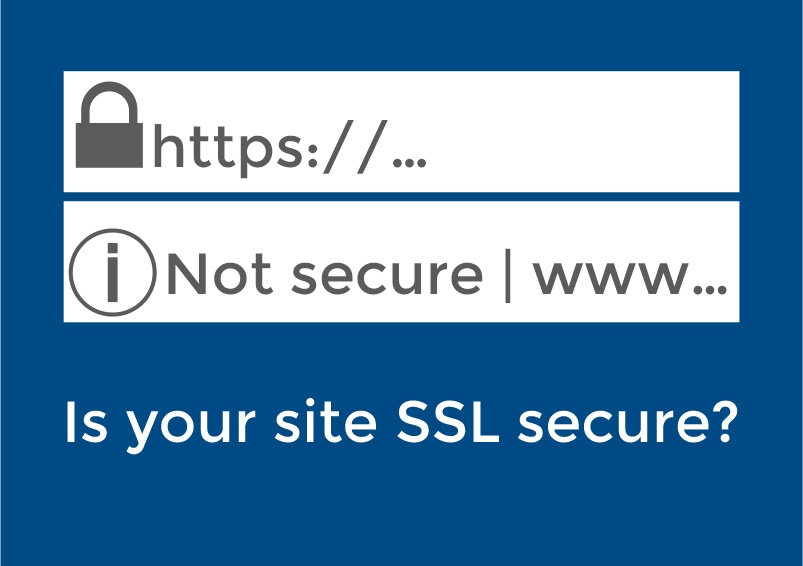
Going further, Google which obviously leads the pack head and shoulders above the rest of the bigger browsers, is planning to drop the secure sign altogether.
Eventually the Chrome browser will only show the “Not secure” sign (as below) when applicable.

But whichever way, while there is no direct proof that Google will actively penalize Non-secure websites, there is also no doubt that many web users will take note of the warning and might skip Non-secure sites altogether.
And since Google does keep track of this behavior, your website will in the not-so-long run lose credibility and search ranking.
All of which could, and most likely will have a negative impact on your business.
3- GDPR compliance and the European Union
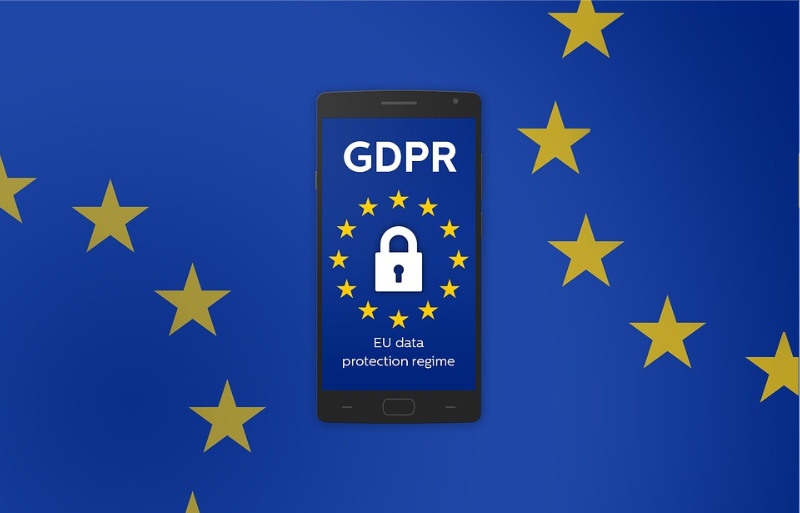
According to Wikipedia and I quote:
“The General Data Protection Regulation (EU) 2016/679 (“GDPR”) is a regulation in EU law on data protection and privacy for all individuals within the European Union (EU) and the European Economic Area (EEA).
It also addresses the export of personal data outside the EU and EEA areas. The GDPR aims primarily to give control to individuals over their personal data and to simplify the regulatory environment for international business by unifying the regulation within the EU”
In other words, as a website owner, one is responsible for the data of your visitors that is collected via your website.
Like most laws, there’s a book that comes with it, but the short of it is, that:
-Your visitors must give consent to the collection, the use and the safekeeping of their data.
-You (the website owner), must give full insight into how and where your user data will be used.
-As the guardian of your user data, You must take responsibility to ensure that your database is secure and that all required processes are in place to protect your data from being sold or being used in any other way as described in the previous paragraph.
-Your visitors must also, at any time have access to their personal data file
-And last but not least, your users can request the deletion of their data from your database at any time.
Now it might be that you would think that your website does not request any data from your site visitors, so you got nothing to do with this GDPR concoction whatsoever.
Chances are you are dead wrong.
Nearly EVERY website uses cookies to store information about your visitors. This can only be as much as your IP-address (the internet address of your PC).
If this is the case with your site (which is extremely likely) you need the consent of your visitors.
Obviously, you can, as with any law, decide to do otherwise.
But if I were you, I wouldn’t.
Not with fines up to 20 million Euros, or 4 percent of annual global (note global!) turnover, whichever of both is highest.
No, I definitely wouldn’t.
Conclusion:
With all the above being said, and even though my post may come across as a Doomsday Friday the 13th scenario, it doesn’t have to be.
In fact, all of the above can be avoided, with a few simple measures being implemented on your website.
As a good starting point tackling your one-man battle against the big world out there, we would like to offer you a good deal.
During the coming month, October 2018, we offer a free website audit and custom quotation on whatever needs to be fixed of the above points.

Request your free (no obligation) 3-point
Google security and GDPR compliance audit!
-Site responsiveness (mobile readiness)
-SSL certification of your website
-GDPR compliance of your website
On top of that, we’ll throw in a 20 Euro voucher if you share our post on your favorite social network.

We do this, cause we’re good guys. Unlike others lurking the net.
Hoping to hear from you soon!
On behalf of the EQscience South Africa Team
Edwin

